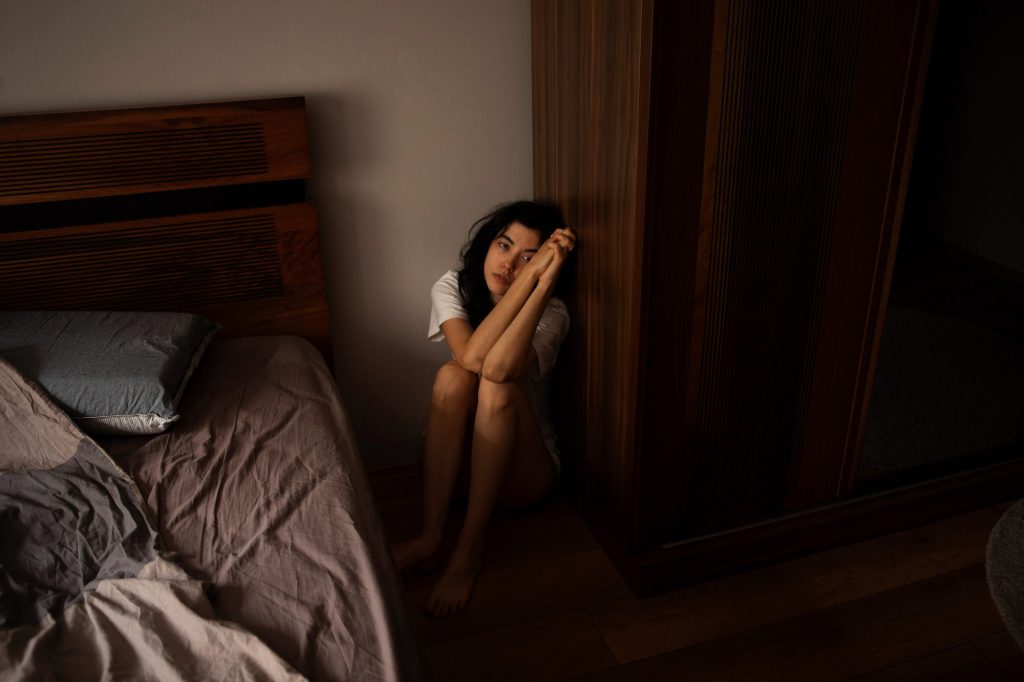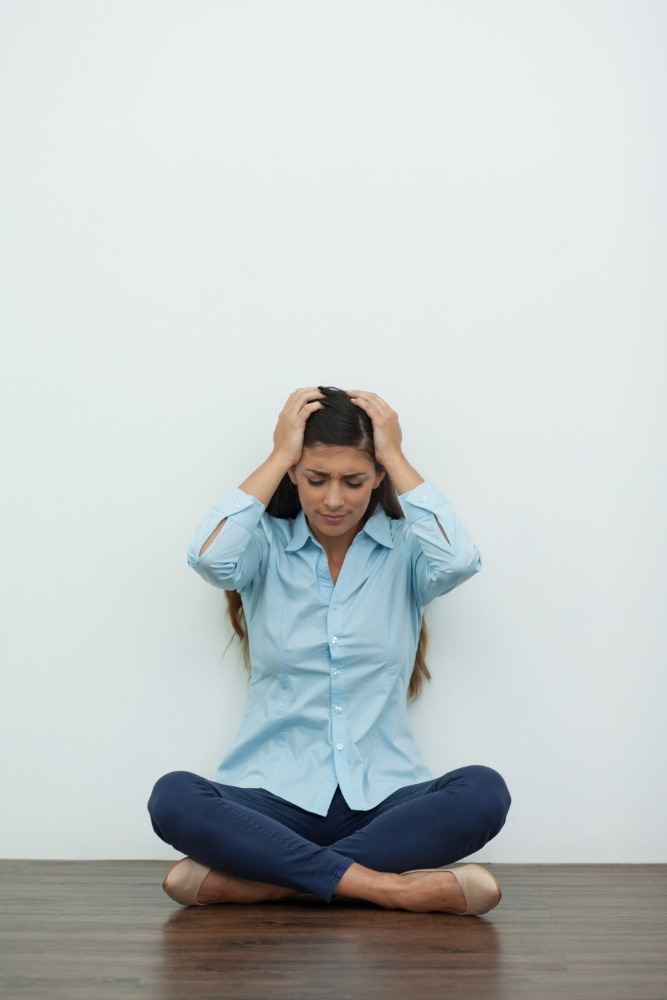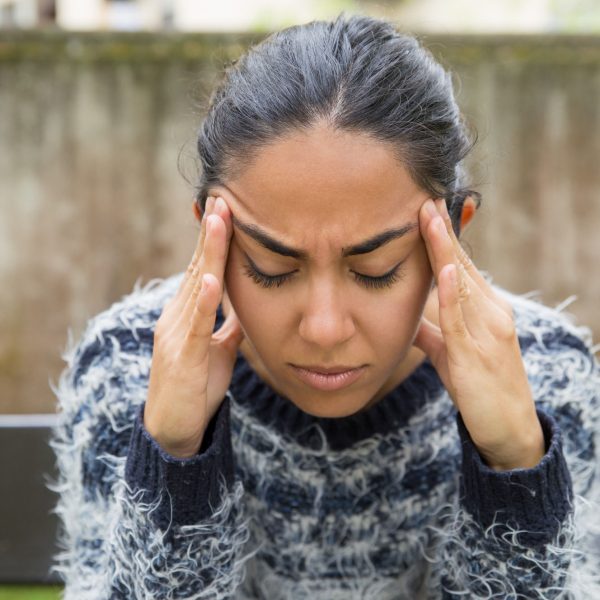Migraines can have a profound impact on our physical and emotional well-being, and many people with migraines experience anxiety and depression as a result.
What connects them?
Does a migraine make you anxious? Can migraines lead to depression? Doctors are unsure of the exact nature of the connection, according to Buse. Because migraines can be so crippling, many people experience depression or anxiety months or years after their migraines first appear. Others, however, experience migraines after having long-term depression or anxiety. This shows that having a migraine does not always result in depression and anxiety. Anxiety, depression, and migraines can all run in families.
There can be-
- Genetic factors
- The fact that both, migraines and depression, act off similar biochemicals in the brain.
Thus, if someone has any of these two, they are more susceptible to developing the other.
In this blog post, we’ll explore strategies for coping with migraine-related anxiety and depression.
Seek Professional Help
If you’re struggling with anxiety and depression related to migraines, it’s important to seek professional help. Your doctor may refer you to a mental health professional who can help you develop coping strategies and provide support. Medication or therapy may also be recommended to help manage your symptoms.

Practice Relaxation Techniques
Relaxation techniques, such as deep breathing, meditation, and yoga, can help reduce stress and anxiety related to migraines. These techniques can help calm your mind and reduce tension in your body, making it easier to cope with migraine symptoms. Practice these techniques regularly to help manage your symptoms and improve your overall well-being.
Get Regular Exercise
Regular exercise can help improve your mood and reduce anxiety and depression related to migraines. Exercise releases endorphins, which are natural mood-boosting chemicals in the brain. Aim for at least 30 minutes of moderate exercise each day, such as walking, biking, or swimming.
Maintain a Healthy Diet
A healthy diet can also help improve your mood and reduce anxiety and depression related to migraines. Eating a balanced diet that includes plenty of fruits, vegetables, whole grains, and lean protein can help provide your body with the nutrients it needs to function properly. Avoid processed foods and sugary snacks, which can cause spikes and crashes in blood sugar levels that can worsen mood swings and anxiety.
Connect with Others
Social support can be a powerful tool in coping with migraine-related anxiety and depression. Connecting with others who understand what you’re going through can help you feel less alone and more supported. Consider joining a support group or seeking out online communities of people who experience migraines.
Practice Mindfulness
Mindfulness is the practice of being present and fully engaged at the moment. Practising mindfulness can help reduce stress and anxiety related to migraines. Try focusing on your breathing, paying attention to your thoughts and emotions, and practising self-compassion.
Conclusion
Dealing with migraine-related anxiety and depression can be challenging, but many strategies can help. Seeking professional help, practising relaxation techniques, getting regular exercise, maintaining a healthy diet, connecting with others, practising mindfulness, setting realistic goals, and taking care of yourself are all important steps in coping with these challenges. By implementing these strategies, you can improve your overall well-being and better manage your migraine-related symptoms.
Over 20,000 customers have reduced their symptoms and improved their health by consulting Shyft's Clinical Nutritionists. When are you starting?
Click here to begin













Share this article